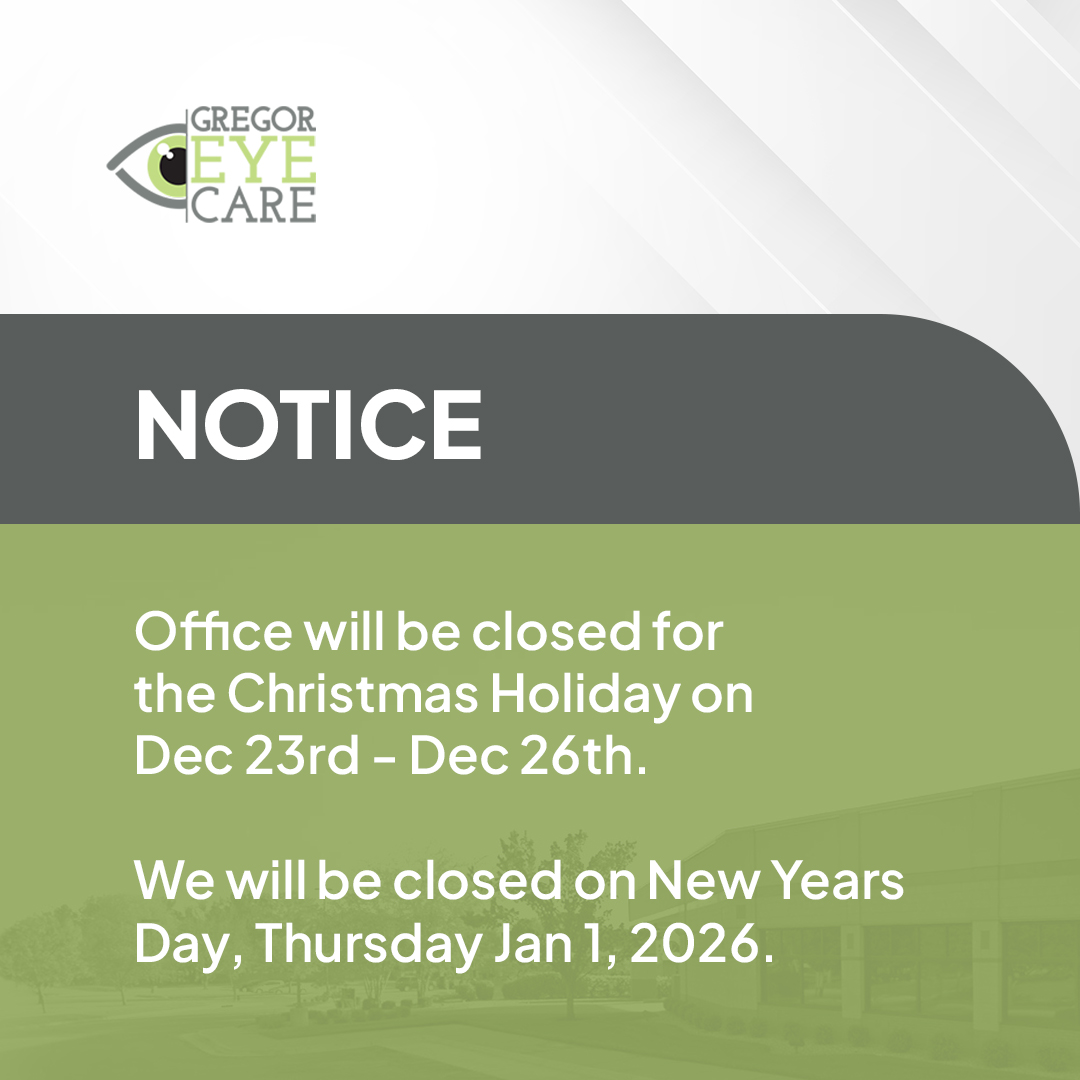
The main goal of treating myopia, or nearsightedness, is to boost vision. Treatment will help your eyes direct light on the retina using corrective eyeglasses, contact lenses, or refractive eye surgery.
With myopia, the eyeball stretches longer than usual from front to back. That makes the light entering the eye fall in front of the retina instead of directly on it. Due to this refractive error, distant images look blurred.
Although myopia has no cure, appropriate treatment and control measures can help slow it down. Regular eye checkups can help monitor myopia and ensure it does not trigger other eye diseases like cataracts, glaucoma, and retinal detachment.
Myopia Treatments
Myopia treatments focus on managing the condition rather than reversing it. Your eye doctor will take you through the benefits and risks of available treatment options. The type of treatment will depend on the severity of your condition. Through an eye exam, the doctor will determine and explain the best treatment for you.
The treatments include:
Atropine Eye Drops
Your eye doctor may prescribe atropine eye drops. Atropine eye drops enlarge your pupil and stop the eyeball from elongating. Eye doctors use the drops to dilate your pupil during a comprehensive eye exam.
But studies show that low doses of atropine drops can control myopia. While atropine eye drops control myopia, they do not improve vision. So, you may still require eyeglasses or contact lenses.
Prescription Glasses or Contact Lenses
Corrective eyeglasses and contact lenses treat myopia by making up for your eye’s increased length. Eyeglasses are a safe and simple way to sharpen eyesight. Your eye doctor can design your glasses to suit your vision needs and control myopia.
Contact lenses sit on your cornea (clear, front part of the eye) to improve your vision. Your doctor will choose the most suitable contact lens material for your eyes. They will also recommend lenses that match your prescription and way of life.
Refractive Eye Surgery
Surgery lessens the need for glasses and contact lenses. Your ophthalmologist uses laser light to reshape the eyeball, reducing your need for eyeglasses. You may still require eyeglasses some of the time.
Types of refractive eye surgery include:
Laser-assisted in situ keratomileusis (LASIK). LASIK creates a thin flap on your cornea and removes some corneal tissue to flatten it. Recovery is fast (a day or two) and does not cause as much discomfort like other corneal surgeries.
Laser-assisted subepithelial keratectomy (LASEK). LASEK cuts out a thin layer of the cornea’s outer cover (epithelium), flattens the curve, and puts back the epithelium. Recovery from LASEK may take one to two weeks, and your eyes may hurt.
Small incision lenticule extraction (SMILE). SMILE does not create any flap or remove the epithelium. Instead, it reshapes the cornea by removing a small lens (lenticule) from the middle part of the cornea. You will experience blurry vision immediately after surgery, but the blur should resolve in two to three days.
Photorefractive keratectomy (PRK). PRK is like LASEK, except PRK removes the entire epithelium and remodels the cornea. Your surgeon will place a temporary cover over your cornea. The cover will stay there until the epithelium grows back and takes your cornea's new shape.
Surgery is not for everyone with myopia. It is only effective when myopia is not progressing anymore.
For more on choosing and using myopia treatments, visit Gregor Eye Care at our office in Overland Park, Kansas. Call (913) 685-0212 to book an appointment today. Call (913) 742-3825 in the event of emergencies or after hours.









